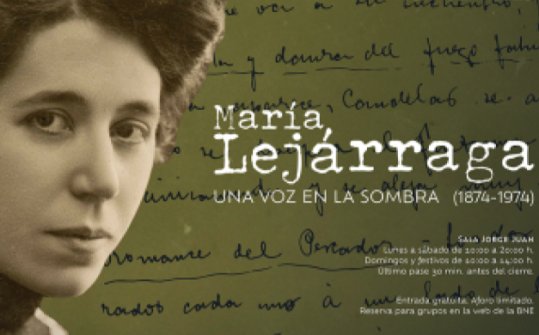The exhibition showcases the significant legacy of Carmen de Burgos, known as Colombine, a key figure in 20th-century Spanish literature. Her extensive and diverse body of work, spanning novels, short stories, essays, and journalism, makes her one of the most prolific and versatile writers of her time.
Born in Almería, she moved to Madrid in the early 20th century and quickly became a prominent voice in Spanish journalism. Her column in the Diario Universal, under the pseudonym Colombine, catapulted her to fame and allowed her to address topics such as feminism, education, and politics.
Throughout her career, Carmen de Burgos was associated with the major literary movements of her era, from the Generation of '98 to the Novecentismo. Her work reflects a deep concern for the social and political issues of her time, as well as a constant pursuit of modernity and progress.
As a feminist, de Burgos was a pioneer in the fight for women's rights. She founded and chaired various feminist organizations and became a role model for women of her generation.
However, after the Civil War, her work was silenced and forgotten for decades. In recent years, thanks to the efforts of researchers and literary critics, her figure has been recovered and her importance as one of the greatest Spanish writers of the 20th century has been recognized.
The exhibition aims to pay tribute to this great writer and recover her invaluable legacy, not only for its literary quality but also for her social commitment and her fight for equality. Carmen de Burgos is a figure who continues to inspire new generations of writers and readers.


